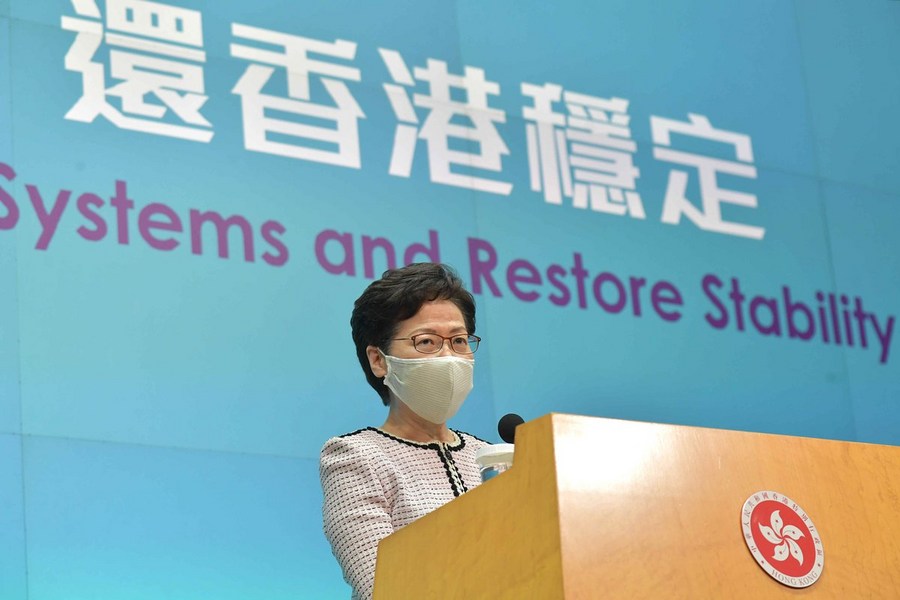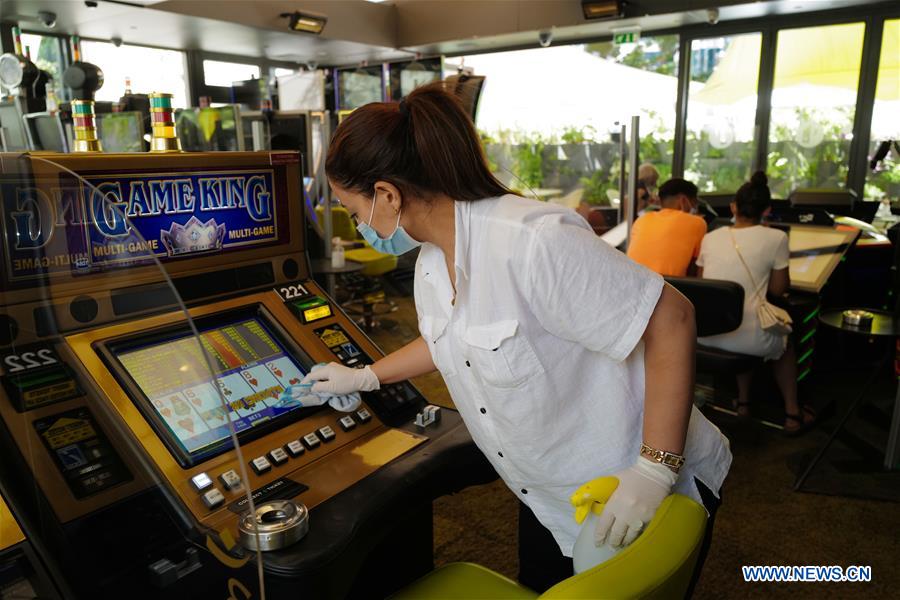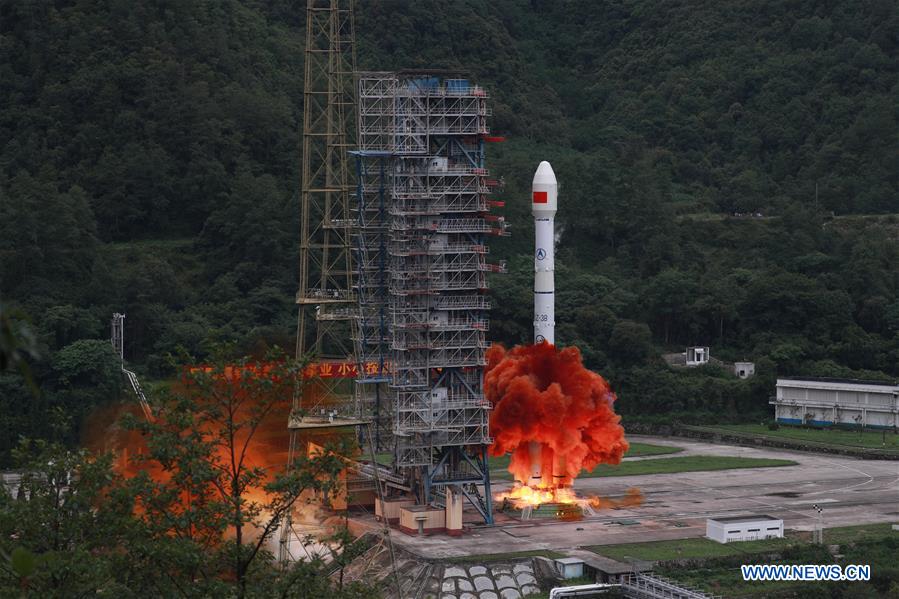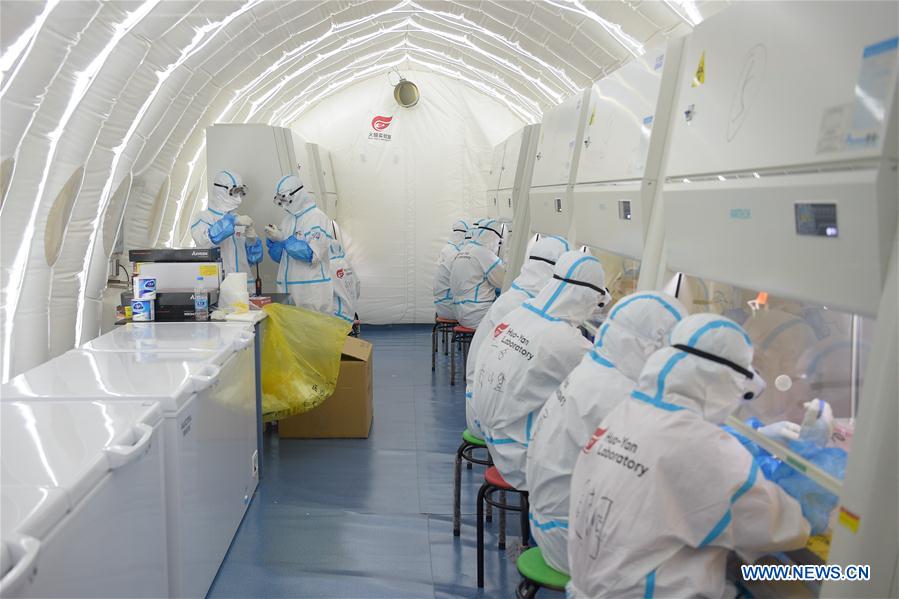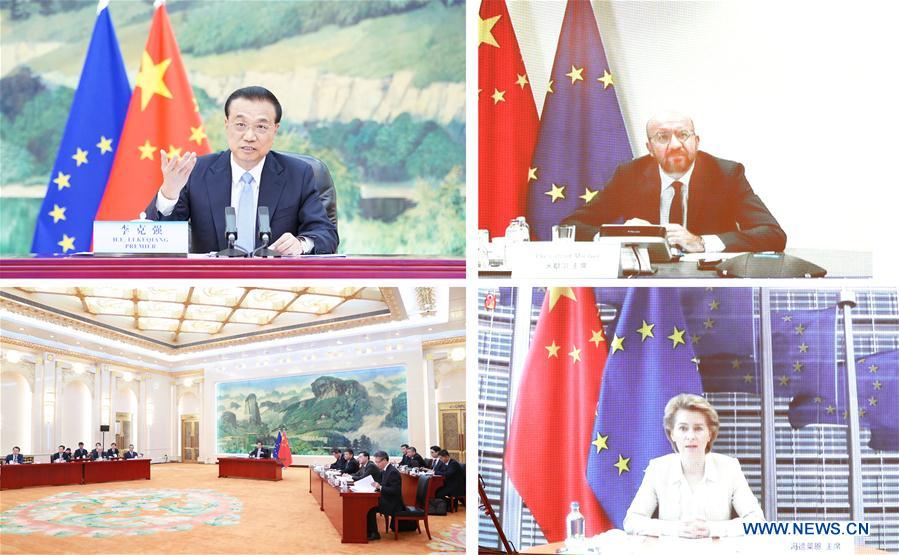-- The Australian Strategic Policy Institute (ASPI) is infamous for churning out anti-China propaganda in Australia.
-- With its academic credibility seriously questioned, it has come under criticism for its strong ideological bias and "one-sided, pro-American view of the world."
-- The ASPI's stance against China is believed to be linked to its sources of funding, a lot of which reportedly come from defence contractors and foreign governments.
-- "ASPI runs a hawkish line on China in a bid to hype up the fear index and make it possible for its donors to sell more weapons to countries in the Asia-Pacific region."
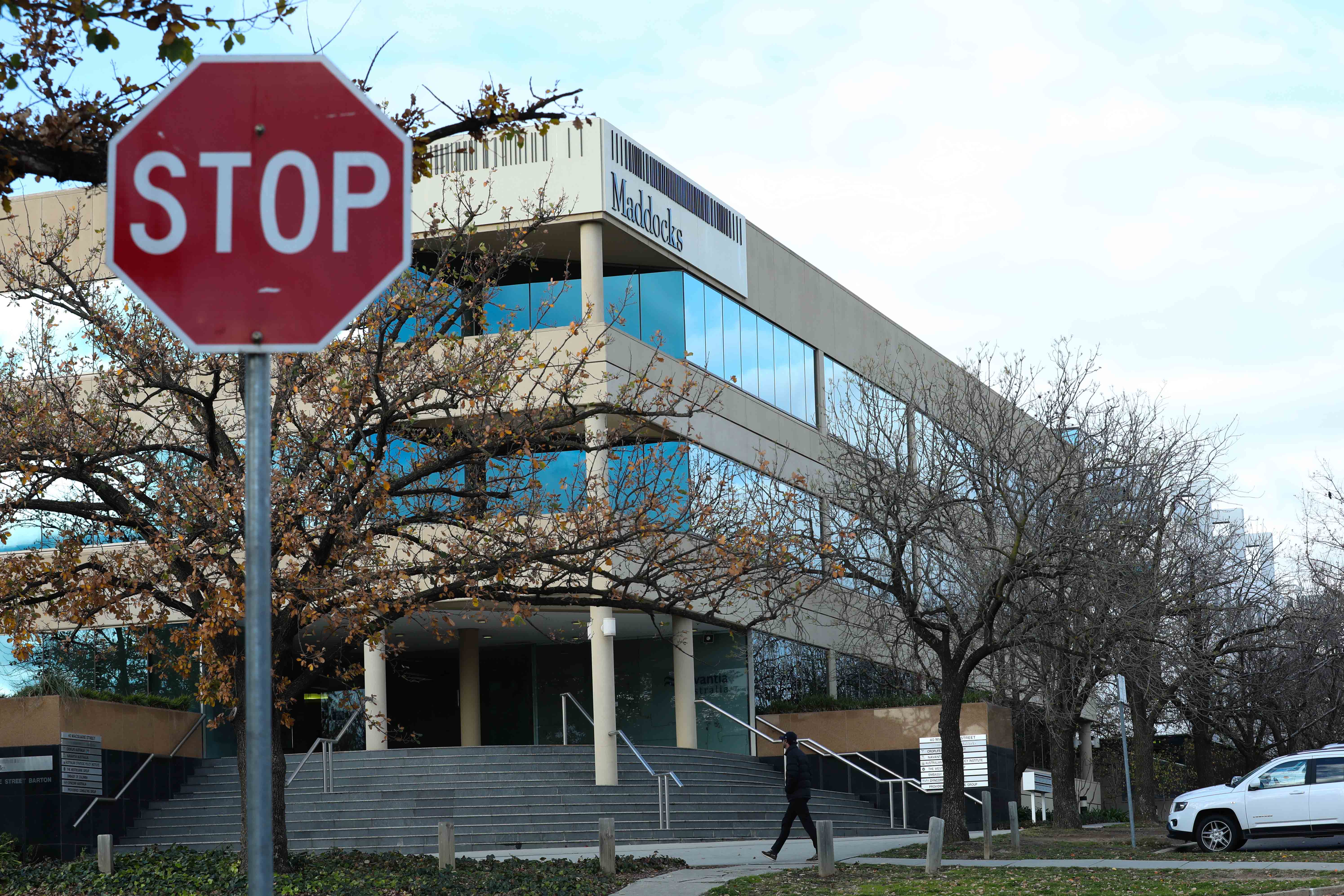
Photo taken on June 23, 2020 shows the office building in which the Australian Strategic Policy Institute is located, in Canberra, Australia. (Xinhua)
BEIJING, June 23 -- In a yellow three-storey building in the capital Canberra, so inconspicuous that one could easily miss it, dwells an institute behind plenty of anti-China campaigns in Australia.
It pumps out a "one-sided, pro-American view of the world," said Bob Carr, former premier of the New South Wales. "I see it as very much the architect of the China threat theory in Australia," said ex-ambassador to China Geoff Raby.
The two men are referring to the Australian Strategic Policy Institute (ASPI). Chinese Foreign Ministry spokesperson Hua Chunying said earlier this month that with such strong ideological bias, the institute is actually spearheading anti-China forces and its academic credibility has been seriously questioned.
ANTI-CHINA PROPAGANDA
About two weeks ago, Twitter removed thousands of pro-China accounts following a study by the ASPI.
The institute has fabricated reports on policies in northwest China's Xinjiang Uygur Autonomous Region, which the Chinese government has repeatedly refuted.
A member of the ASPI was a bylined contributor to the coverage of Wang Liqiang, who was reported by Australian media to have defected to Australia and confessed that he had worked as a secret agent in Hong Kong and Taiwan, but later proved to be a convicted fraud with a fake ID.
"The Wang Liqiang story is just the latest example of claims running ahead of an evidence base in Australia," said James Laurenceson, director of the Australia-China Relations Institute at the University of Technology Sydney.
In fact, ASPI executive director Peter Jennings is a frequent contributor to Australian media, producing articles like "A new cold war will force changes in Australian behaviour," "Party's over for the bullies of Beijing," and "China will be surprised how long it took us to act on foreign investment laws," all of which visibly embody a Cold War mentality.

